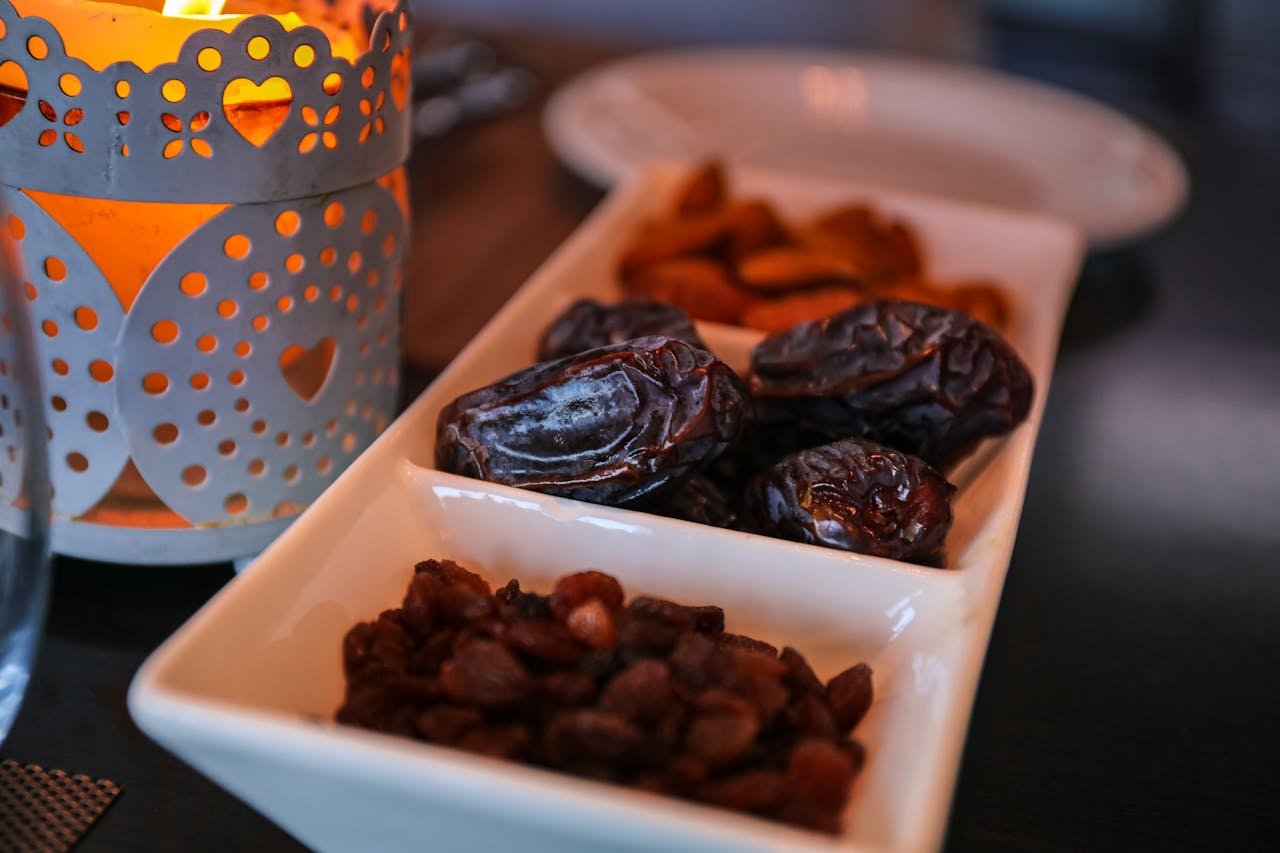Introduction to Dates
Dates, the sweet and chewy fruit harvested from the date palm tree, have been an integral part of human civilization for millennia. Rich in history and flavor, dates have sustained populations across the globe and have found their way into various culinary traditions. Let’s delve into the world of dates, exploring their nutritional value, cultural significance, and culinary uses.
Nutritional Value of Dates
Dates are packed with essential nutrients, including vitamins, minerals, and fiber. They are particularly rich in potassium, magnesium, and iron, making them a nutritious addition to any diet. Moreover, dates are an excellent source of natural sugars, providing a quick energy boost without the crash associated with refined sugars.
Varieties of Dates
There is a wide range of date varieties, each with its own unique flavor profile and texture. Medjool dates, known for their large size and caramel-like taste, are among the most popular varieties worldwide. Other common types include Deglet Noor, Zahidi, and Barhi dates, each offering distinct culinary experiences.
Cultivation and Harvesting
Dates thrive in warm, arid climates and are predominantly cultivated in regions such as the Middle East, North Africa, and parts of California. Harvesting dates is a labor-intensive process, typically done by hand to ensure the delicate fruit remains intact. The date palm tree requires careful maintenance and ample water to yield a bountiful harvest.
Culinary Uses of Dates
Dates are incredibly versatile in the kitchen, lending their natural sweetness to a variety of dishes. They can be enjoyed fresh as a snack, stuffed with nuts or cheese, or incorporated into salads, stews, and tagines. Dates are also a common ingredient in desserts, adding depth of flavor to cakes, cookies, and puddings.
Medicinal Properties
In addition to their culinary appeal, dates boast numerous health benefits. They are believed to aid digestion, promote heart health, and regulate blood sugar levels. Recent studies have also highlighted the potential of dates in preventing certain diseases and supporting overall well-being.
Date Festivals and Celebrations
Throughout history, dates have been celebrated in festivals and cultural events around the world. In the Middle East, the date palm holds symbolic significance, representing fertility and abundance. Festivals such as the Date Festival in California and the Liwa Date Festival in the UAE showcase the diversity and importance of dates in their respective regions.
Storage and Preservation
To preserve the freshness of dates, it is important to store them properly. Dates can be kept at room temperature for several weeks or refrigerated for extended shelf life. Additionally, dates can be dried or frozen for long-term storage, maintaining their flavor and nutritional value for months to come.
Symbolism and Cultural Significance
Dates hold deep cultural and religious symbolism in many societies. In Islam, dates are mentioned in the Quran and are often consumed during Ramadan to break the fast. In Jewish tradition, dates are part of the Seven Species, representing the bounty of the land of Israel. Across cultures, dates are associated with hospitality, generosity, and prosperity.
Economic Importance
The cultivation and trade of dates contribute significantly to the economies of producing regions. Date production provides employment opportunities for thousands of people and supports local industries such as agriculture, processing, and tourism. Additionally, dates are a valuable export commodity, generating revenue for exporting countries.
Environmental Impact
While date cultivation is economically important, it also has environmental implications. Sustainable farming practices are essential to minimize water usage, prevent soil erosion, and conserve biodiversity. Efforts are underway to promote responsible date production and mitigate the environmental impact of this valuable crop.
Myths and Legends
Throughout history, dates have been surrounded by myths and legends. In ancient Egypt, the date palm was revered as a symbol of resurrection and eternal life. In Greek mythology, the date palm was associated with the goddess Artemis, who was believed to have been born beneath its branches. These mythical tales reflect the enduring fascination with dates throughout human history.


